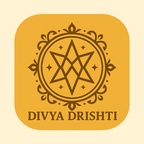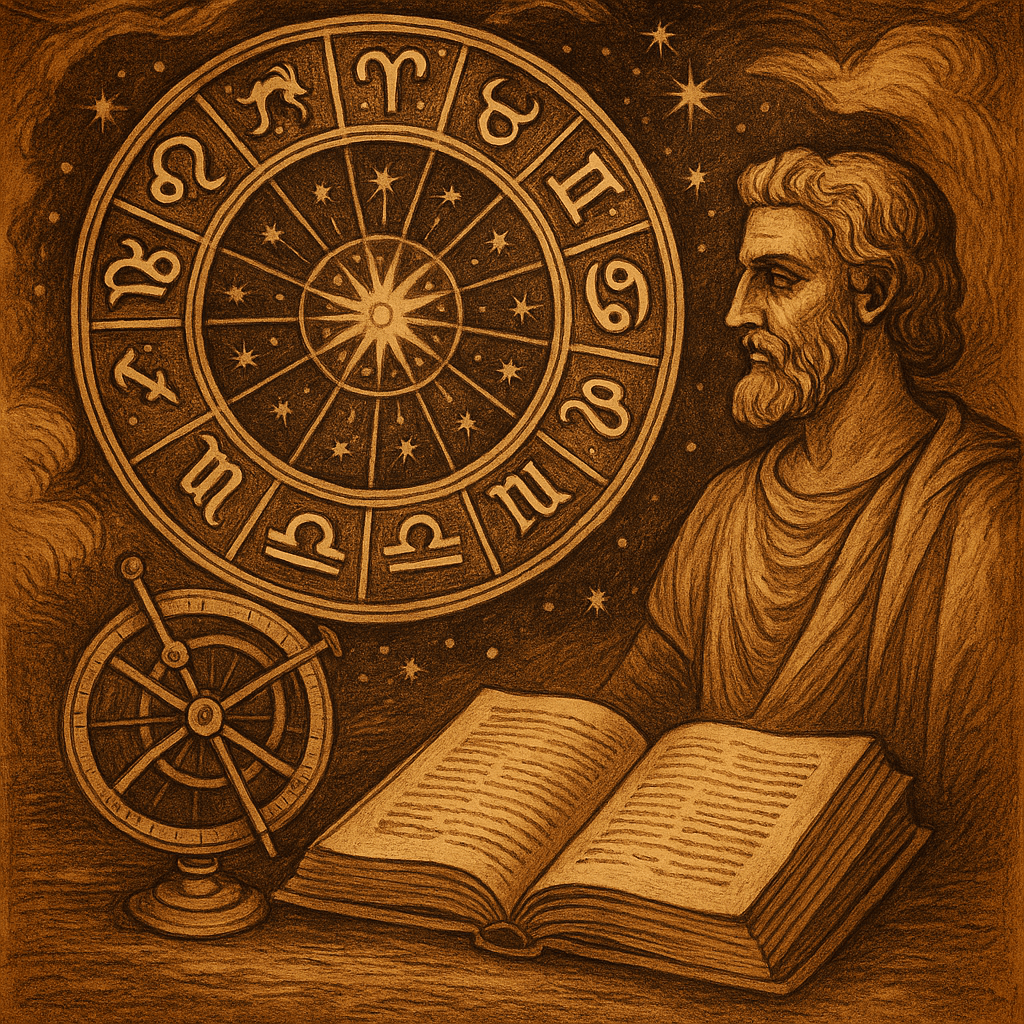Need Guidance On Your Problems?
Consult With The Best Online
Astrologers
The Fascinating History of Astrology
Astrology has captured human imagination for thousands of years, weaving itself into cultures, civilizations, and personal journeys across the globe. Its story is as old as civilization itself, reflecting humanity’s timeless quest to find meaning in the stars.
Early Beginnings: Mesopotamia and the Birth of Astrology
The roots of astrology trace back to ancient Mesopotamia around the third millennium BCE. Early civilizations, notably the Sumerians and Babylonians, carefully observed the heavens, linking celestial movements with events on Earth. They believed that the stars and planets were divine messengers, influencing everything from the fate of empires to the outcome of harvests.
Babylonians created some of the first horoscopic systems, recording planetary movements and associating them with terrestrial events. Their detailed star charts laid the foundation for much of Western astrology as we know it today.
Astrology in Ancient Civilizations: Egypt, Greece, and Rome
Astrology soon spread from Mesopotamia to ancient Egypt, where it merged with local beliefs. The Egyptians revered the stars, particularly Sirius, which played a central role in their calendar and agricultural cycles.
By the Hellenistic period (around the 4th century BCE), astrology had reached Greece. Greek scholars like Ptolemy systematized astrology, giving it a philosophical and scientific structure. His seminal work, Tetrabiblos, became the cornerstone of Western astrological tradition, influencing astrological thought for centuries to come.
The Romans later adopted Greek astrology, popularizing it across the vast Roman Empire. Astrology became a tool not only for personal insight but also for advising emperors and generals.
Astrology in the Islamic Golden Age and the Middle Ages
During the Islamic Golden Age (8th to 13th centuries CE), Islamic scholars preserved, translated, and expanded upon Greek and Roman astrological knowledge. Astrologers like Al-Biruni and Albumasar refined the techniques of casting horoscopes and contributed significantly to both astronomy and astrology.
In medieval Europe, astrology regained prominence, intertwined with medicine, philosophy, and even politics. Court astrologers advised kings, and universities offered courses on astrology alongside other sciences.
The Renaissance and Scientific Scrutiny
The Renaissance sparked a revival of interest in astrology as part of a broader rediscovery of classical knowledge. Figures like Johannes Kepler, although primarily known as astronomers, practiced astrology too, seeking cosmic patterns behind earthly phenomena.
However, as the scientific revolution gained momentum, astrology began to lose its stature as a scholarly pursuit. Astronomy and astrology, once twin disciplines, parted ways. Rationalists criticized astrology for its lack of empirical evidence, leading it to retreat from mainstream academia.
Modern Astrology: Personal Guidance and Spiritual Connection
Despite scientific skepticism, astrology endured. In the 20th and 21st centuries, astrology experienced a resurgence, especially in personal and spiritual contexts. No longer seen as a tool for predicting political destinies, modern astrology focuses more on personal growth, psychological insight, and self-understanding.
Today, millions around the world turn to astrology for guidance, comfort, and connection — not to predict an inevitable fate, but to understand themselves and their journey through life. Horoscopes, birth charts, and planetary transits have become part of popular culture, blending ancient wisdom with modern sensibilities.
Conclusion
Astrology’s journey from the ziggurats of Babylon to the smartphones of today is a testament to humanity’s enduring desire to find meaning beyond the visible. It reminds us that while the stars may seem distant, their symbolism continues to light the inner pathways of human experience.
Whether one believes in it literally or embraces it as a metaphorical tool, astrology remains one of the most beautiful expressions of humanity's longing to connect with the cosmos.




